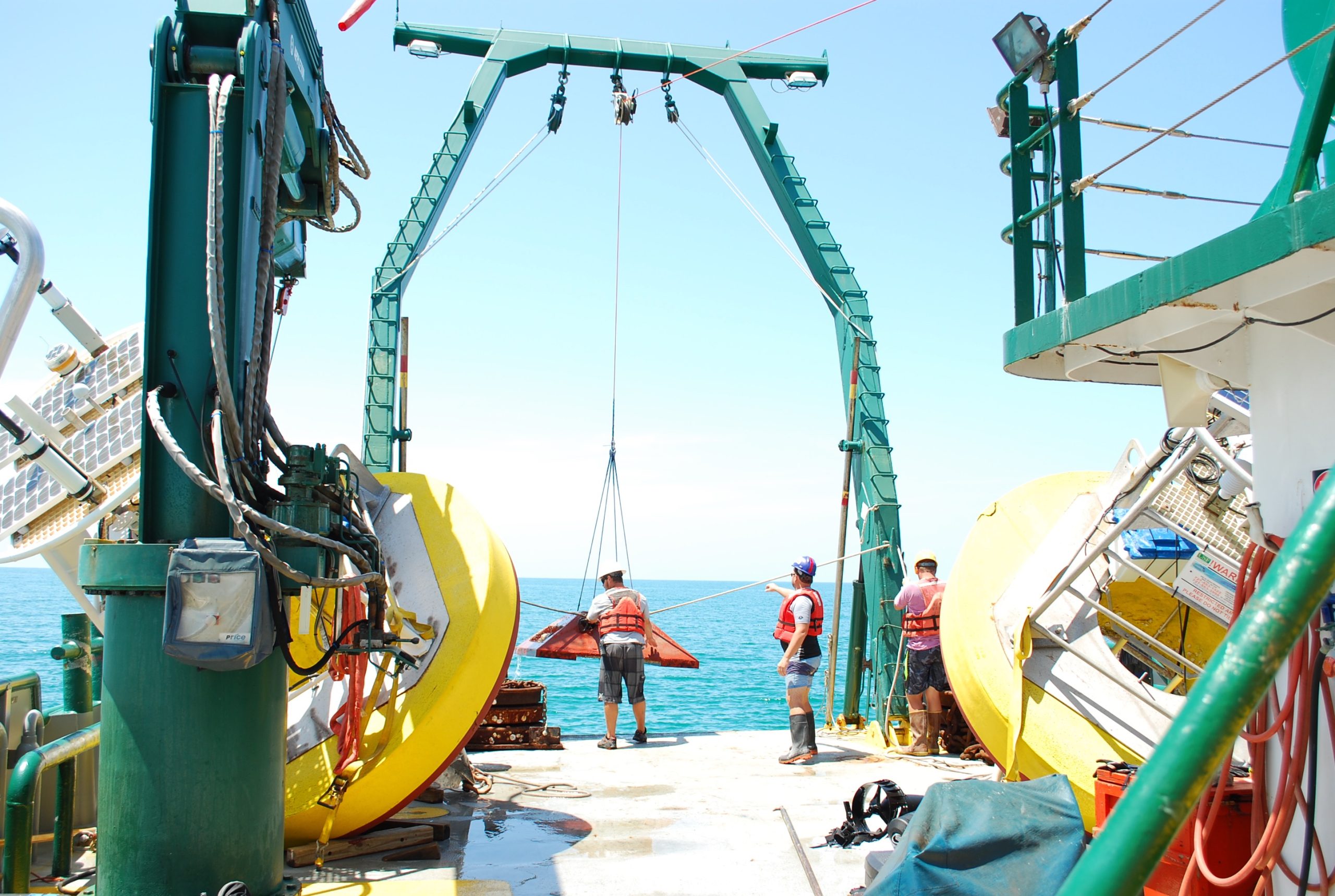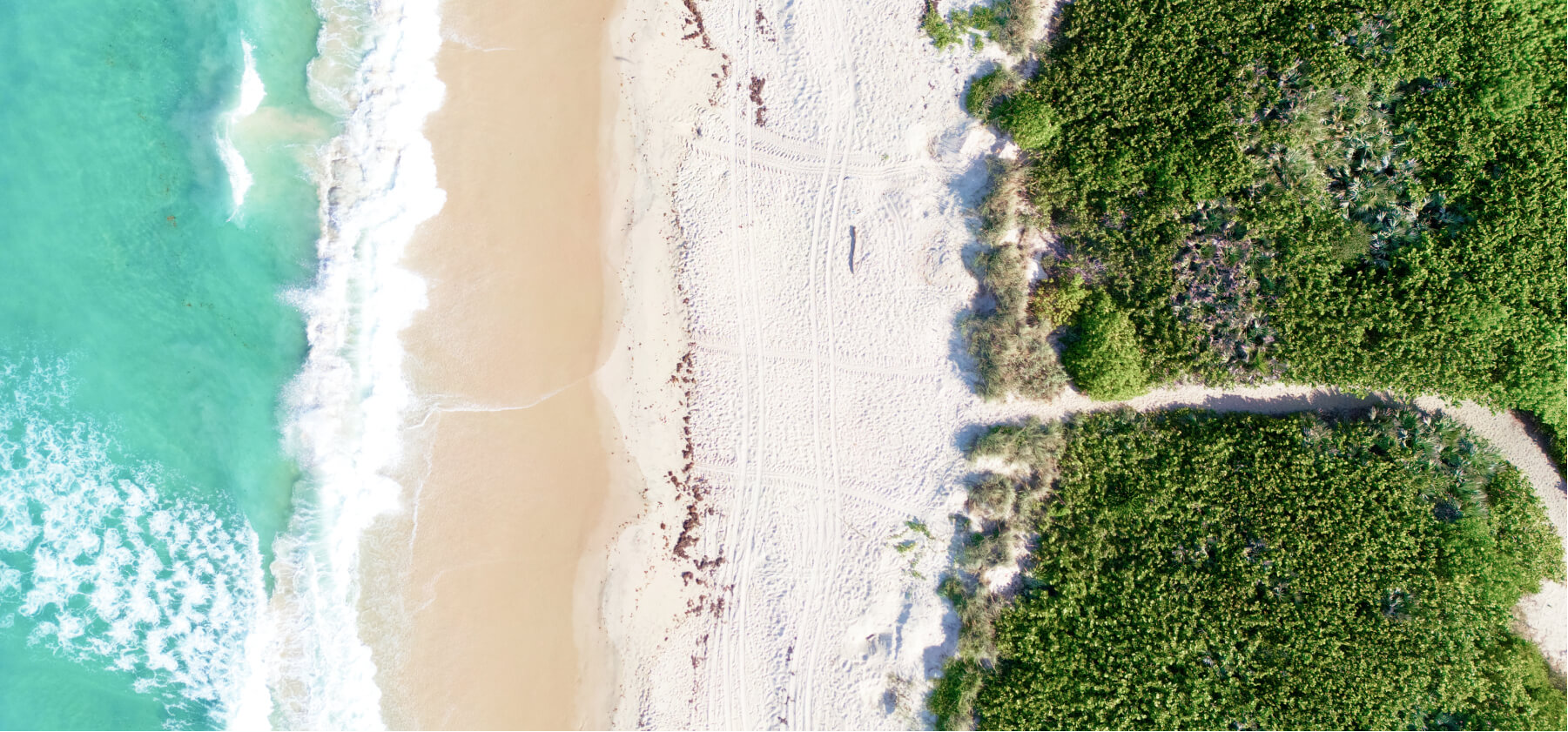
Modeling Framework
The purpose of this document is to establish a modeling framework for SECOORA, read more in PDF.
Access PDF Harmful Algal Bloom Plan
This document will serve as a guide for future investments in regional harmful algal bloom (HAB) observing and monitoring in the SECOORA region.
Access PDF High Frequency Radar Plan
This document presents a gap analysis for High Frequency Radar (HFR) observations in North Carolina, South Carolina, Georgia, and Florida. It will serve as a guide for future HFR investments in the SECOORA region.
Access PDF Audience
SECOORA Staff, Board, and Members
To articulate priorities and establish guideposts for future funding decisions and expansion.
IOOS Program Office
To inform and meet certification requirements.
Regional Stakeholders
To demonstrate capabilities and describe connections to regional needs and priorities.
